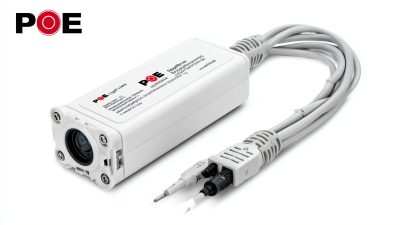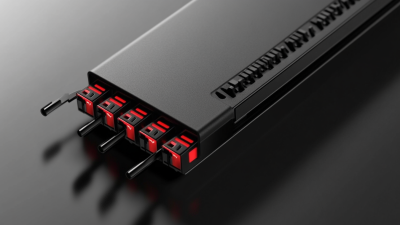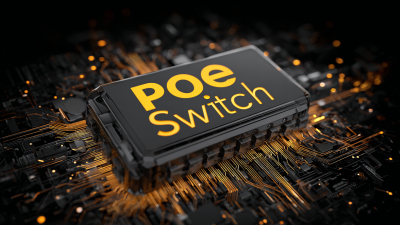
- hasivo@hasivo.com
- Mon - Sat at 7:00AM to 9:00PM
Leave Your Message

In today’s fast-paced business environment, maintaining reliable and efficient network connectivity is paramount, especially for organizations deploying devices in challenging outdoor conditions. The increasing demand for IP67 PoE extenders has been driven by the surge in IoT applications and the growing need for robust data transmission in various sectors, including security, transportation, and smart infrastructure. According to a recent market research report, the global PoE extender market is expected to reach USD 615 million by 2026, growing at a CAGR of 12.5%. This underscores the critical importance of selecting the right IP67 PoE extender, ensuring that it meets specific business needs while also providing durability and optimal performance in harsh environments. Whether for security cameras, access points, or other outdoor devices, making an informed choice can significantly enhance operational efficiency and reduce downtime.
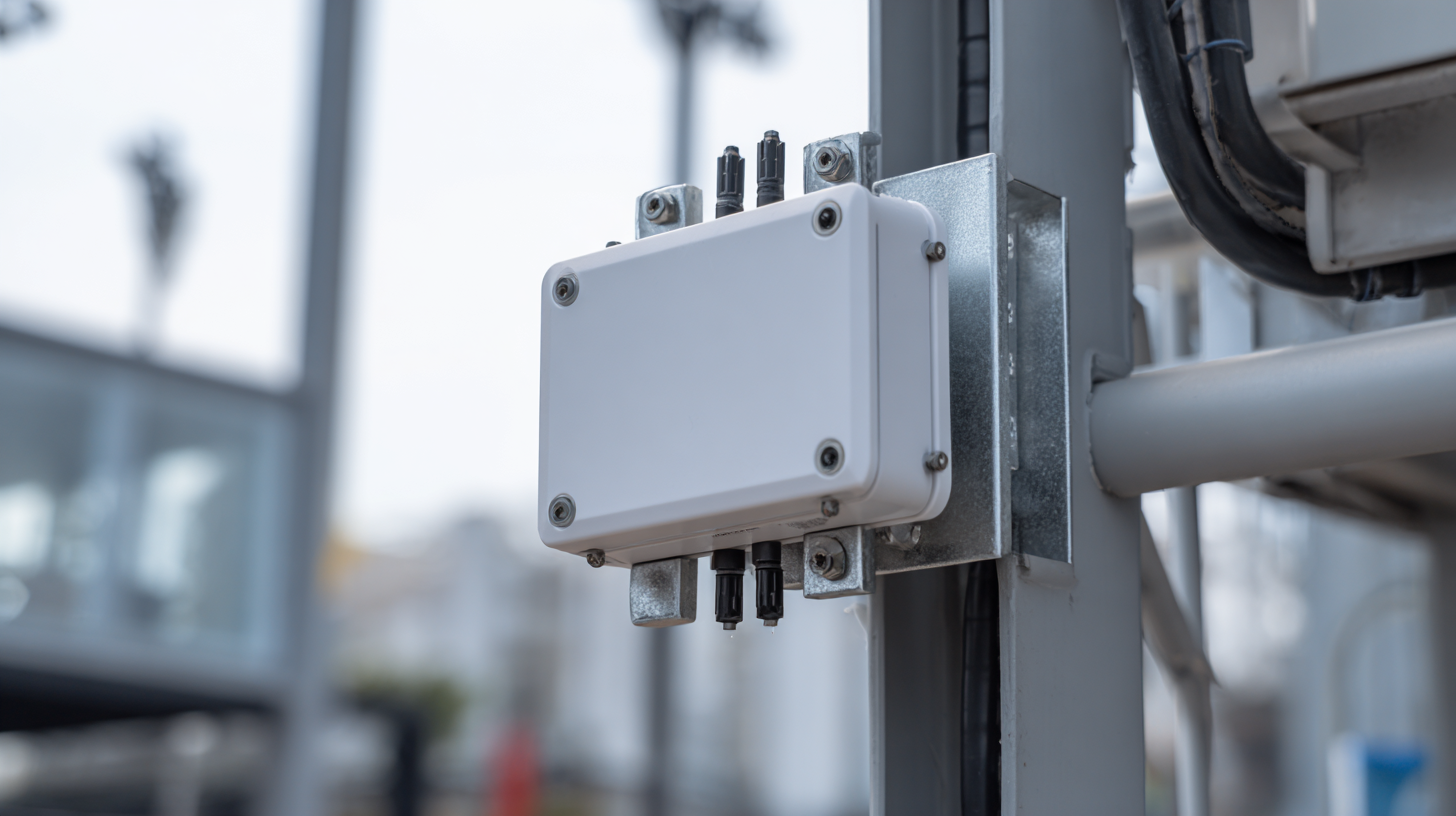
Understanding IP67 ratings is crucial when selecting Power over Ethernet (PoE) extenders for various business applications. An IP67 rating indicates that the device is both dust-tight and can withstand immersion in water up to 1 meter for a limited time. This durability is particularly important in environments where extenders may be exposed to harsh conditions, such as construction sites or outdoor installations. By ensuring that the chosen PoE extenders meet these ratings, businesses can prevent equipment failure, reducing downtime and maintenance costs.
Incorporating IP67-rated PoE extenders into building and landscaping projects can enhance connectivity and provide reliable power to devices even in challenging settings. As industries increasingly rely on connected devices for automation and monitoring, the need for robust and weatherproof solutions becomes vital. By prioritizing equipment that meets high standards such as IP67, teams can confidently deploy technology in various environments, thereby fostering innovation and efficiency in architectural planning and green space management. This proactive approach not only protects investment but also ensures that systems remain operational under diverse conditions.
When selecting an IP67 PoE extender for your business needs, it’s essential to focus on specific features that will ensure optimal performance. First and foremost, ensure that the device offers true IP67 waterproofing and dustproofing, as this rating guarantees protection against harsh environmental conditions. This is particularly important for businesses operating in outdoor settings or areas subject to moisture and debris. Look for extenders that also feature robust and weather-resistant enclosures that enhance durability.
Additionally, consider the power delivery capabilities of the PoE extender. The ability to support multiple devices and provide sufficient power over long distances is crucial for maintaining a reliable network. Features like VLAN support, PoE pass-through, and extended range capabilities can enhance network performance significantly. Lastly, evaluate the ease of installation and compatibility with your existing network infrastructure, as seamless integration can save time and improve overall efficiency in your operations. Selecting an extender with these key features will ensure that your network remains robust and efficient, capable of meeting your business's dynamic demands.
This bar chart displays the maximum distance capabilities of various IP67 PoE extenders, which is a crucial feature for ensuring optimal performance in outdoor environments. Choosing the right extender based on distance ensures reliable network connectivity for your business needs.
When choosing the right PoE extender for your business, it's essential to compare different types available on the market. PoE extenders can vary widely in terms of range, power output, and compatibility with existing infrastructure, making it vital to understand your specific requirements. For instance, some extenders are designed for long-distance applications, while others might be more suited for short-range connections.
Tip: Before making a decision, assess the layout of your business environment. If you have devices that are spread out over a large area, a long-range PoE extender may be beneficial. Conversely, if your devices are concentrated in one location, a standard extender will suffice, saving you money without compromising functionality.
Additionally, consider the power needs of your devices. Different extenders support varying power outputs, so it's crucial to match the extender to the power consumption of the connected devices. Researching the specifications of each option will help ensure that you choose an extender capable of supporting your business's needs efficiently.
Tip: Always review manufacturer guidelines for the maximum power ratings and how they align with your equipment. This diligence will help you avoid compatibility issues and ensure consistent performance from your PoE extender.
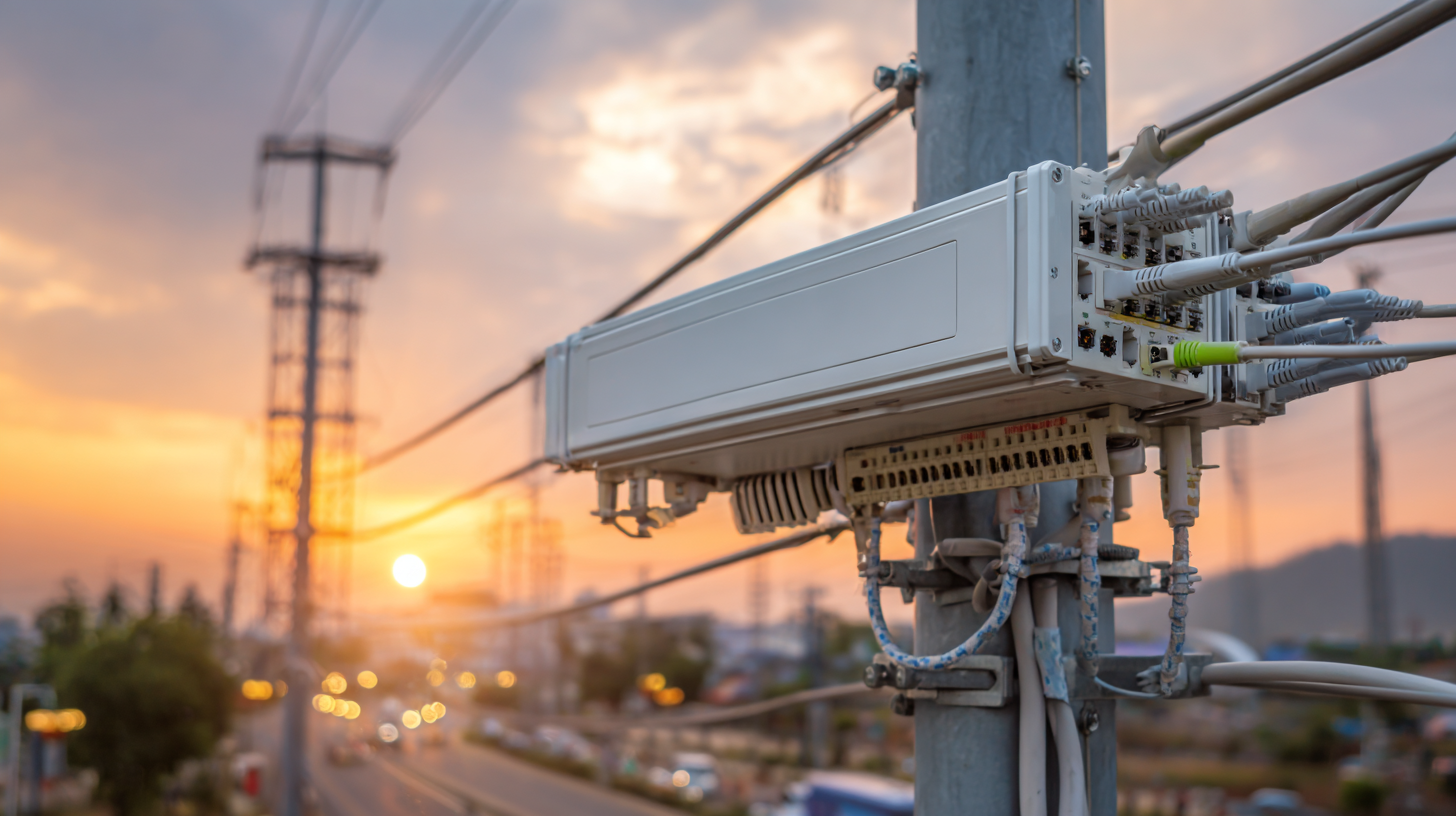
When it comes to installing IP67 PoE extenders, careful consideration of best practices can significantly enhance their performance and durability. First, ensure the location you select for installation is protected from environmental factors such as extreme temperatures, moisture, and dust. Since IP67-rated equipment is designed to withstand these elements, placing the extender in a sheltered area can help prolong its lifespan while optimizing signal quality.
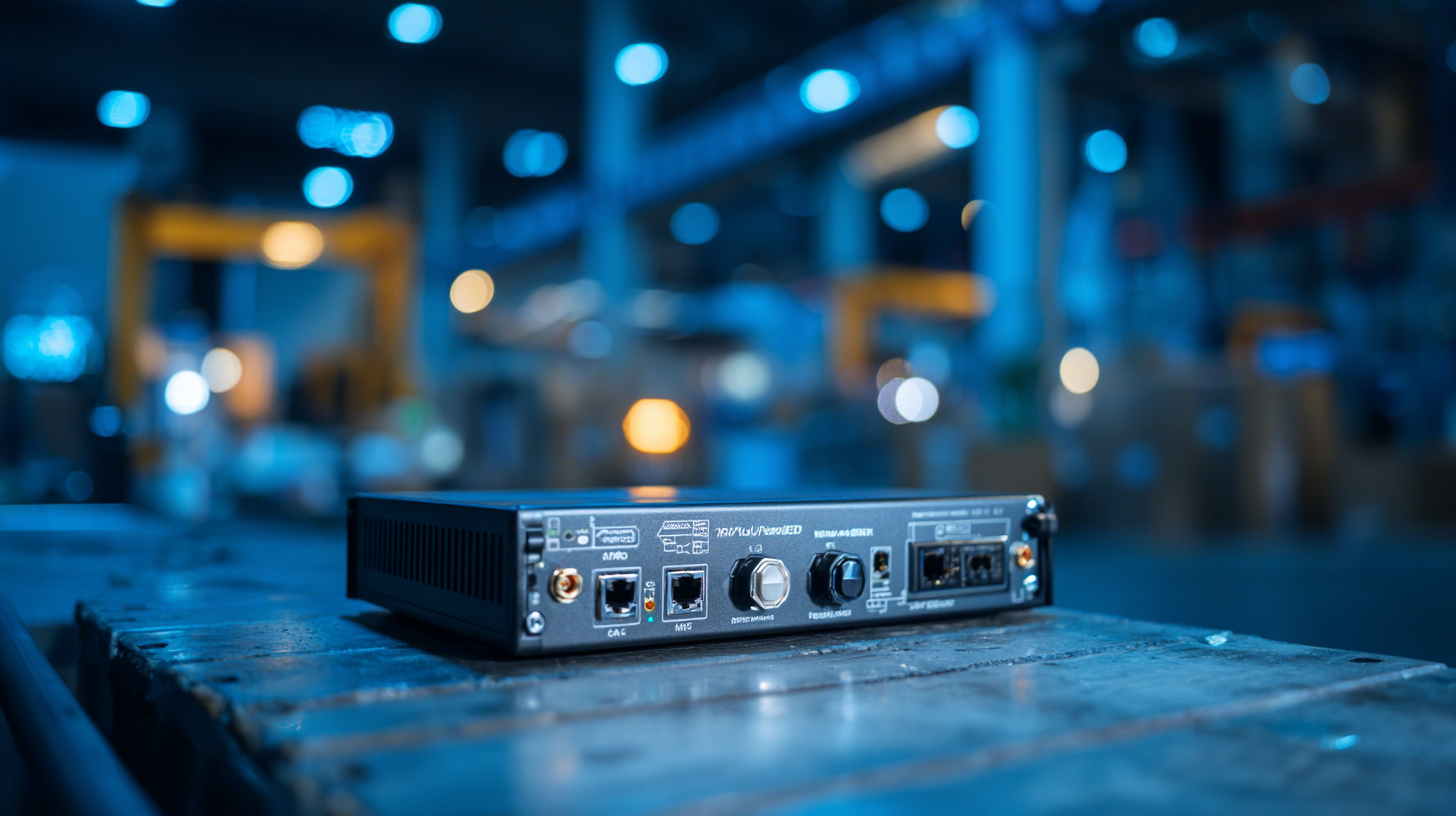
Moreover, pay attention to cable management during installation. Using high-quality, weather-resistant cables can minimize the risk of signal degradation and electrical interference. Additionally, securing cables tightly and preventing excessive bending will also ensure the integrity of your network. By following these installation tips, you can enhance the reliability of your IP67 PoE extenders and ensure seamless connectivity for your business operations.
When selecting IP67 PoE extenders, businesses often grapple with the dilemma of cost versus quality. While it may be tempting to opt for the cheaper option to cut expenses, this decision can lead to greater long-term costs due to potential failures or inefficiencies. Quality extenders are designed to provide robust performance in various harsh environments, ensuring reliable data and power transmission even in outdoor settings. Investing in higher-quality equipment not only enhances operational reliability but also reduces downtime and maintenance costs.
In contrast, lower-cost alternatives may come with compromised features, such as inadequate weather resistance or lower data rates. These factors can significantly impact business operations, especially for companies relying on stable connectivity for IoT devices, security cameras, or other essential services. By evaluating the value offered by each model—considering both initial investment and projected lifespan—businesses can make informed choices that support both their budgetary constraints and their operational needs. Ultimately, finding the right balance between cost and quality is essential for maximizing the return on investment in PoE extenders.
| Model | Cost ($) | Max Distance (meters) | Power Output (W) | IP Rating | Warranty (years) | Customer Rating (out of 5) |
|---|---|---|---|---|---|---|
| Extender A | 150 | 100 | 30 | IP67 | 2 | 4.5 |
| Extender B | 200 | 120 | 40 | IP68 | 3 | 4.8 |
| Extender C | 120 | 80 | 20 | IP67 | 1 | 4.0 |
| Extender D | 175 | 150 | 20 | IP67 | 2 | 4.7 |
| Extender E | 250 | 200 | 60 | IP68 | 5 | 4.9 |
